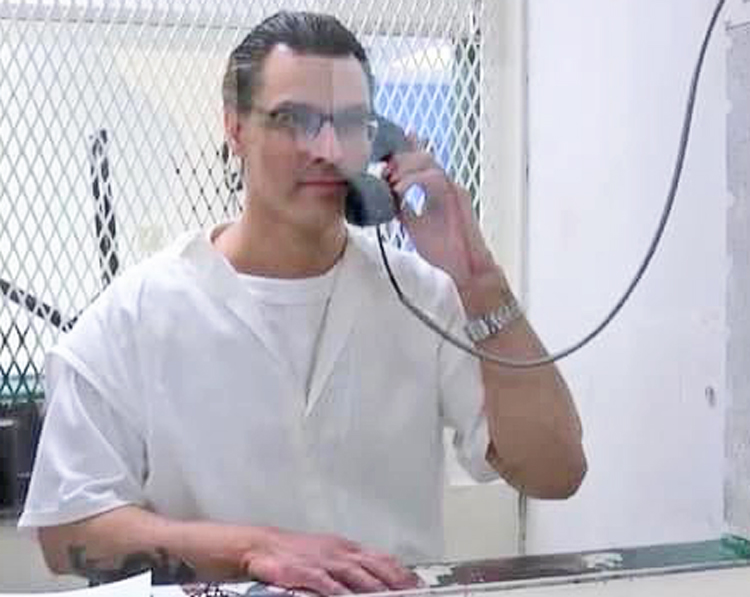The U.S. Supreme Court halted the execution of death-row inmate Ruben Gutierrez July 16, just 20 minutes before he would have been put to death at the Huntsville, Texas, state penitentiary.
When he got the news, Gutierrez “turned to the back of his cell, covered his mouth. He was tearing up, speechless. He was shocked,” The Associated Press quoted a prison spokesperson as saying, he “then prayed with a prison chaplain.”
For more than a decade Gutierrez has been fighting for DNA testing of evidence he says would prove he should never have been convicted.
A laborer and forklift operator, Gutierrez, now 47, was sentenced to death in 1999 for the killing of 85-year-old Escolastica Harrison at a mobile home park she managed. A former teacher who “distrusted banks,” she kept $600,000 cash in her trailer, where she was killed, according to court records.
Harrison lived with her nephew, Avel Cuellar, who knew Gutierrez and was a suspect but never charged. He has since died. Gutierrez and two others, Rene Garcia and Pedro Gracia, were arrested for the murder. One pled guilty and is serving a life sentence, while the other was released on bond and went into hiding.
Gutierrez initially confessed while being threatened by local authorities. They said they would arrest his wife and take away his children.
But since then, Gutierrez has insisted that he didn’t kill Harrison and was never inside her trailer. No physical evidence was presented against Gutierrez at his trial. He says he is innocent.
In response to Gutierrez’s appeal to the Supreme Court, the state’s attorney general and Cameron County district attorney said the requests for DNA testing had been denied because state law does not allow for testing to escape the death penalty after a conviction.
Shawn Nolan, an attorney representing Gutierrez, challenged the Texas DNA law in 2019, explaining an inmate was in an impossible situation. While one statute permits an individual to file an appeal arguing that he should not have received a death sentence, Nolan said, “the other statute says you can only get DNA testing if you can prove you are innocent. Well, how do you prove you’re innocent before you get the testing?”
The family and supporters of another Texas death-row prisoner, Rodney Reed, have also been fighting for DNA testing of evidence in his case. In 2023 the Supreme Court ruled that Reed’s case could proceed and the 5th U.S. Circuit Court of Appeals is scheduled to hear oral arguments Aug. 6.
This is the second time Gutierrez has had his life spared while in the death chamber. In 2020 he was 60 minutes away from execution when the Supreme Court issued a stay to hear his and other prisoners’ arguments to be allowed to have their spiritual advisors at their side during their executions. The court ruled two years later death row inmates had that right.
“These fights by death-row prisoners for their rights help expose the brutality of the so-called U.S. justice system,” Alyson Kennedy, Socialist Workers Party candidate for U.S. Senate from Texas, told the Militant. “The death penalty is a weapon of terror the capitalist ruling class wants to have at its disposal to intimidate the working class and vanguard fighters in the years ahead as class-struggle resistance grows.”


